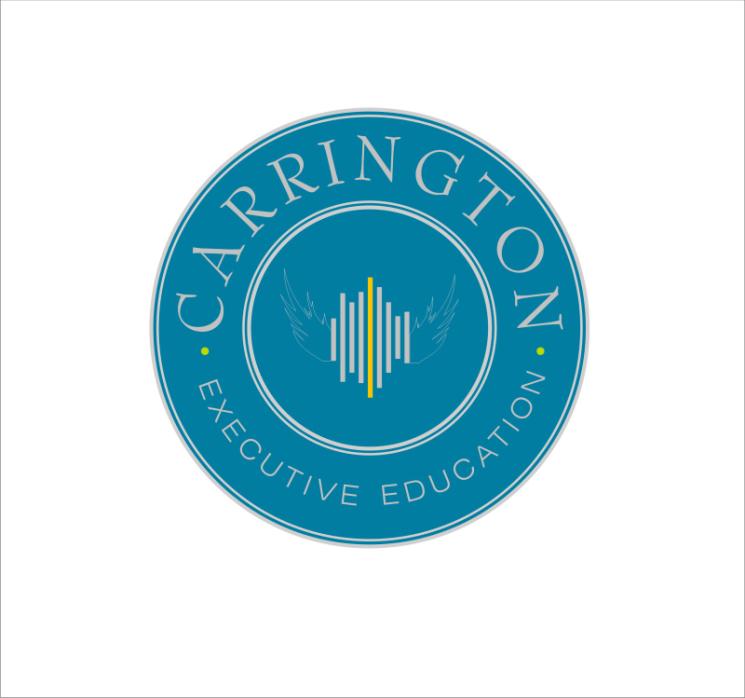Monday 10 July, 2006
This article provides some tips on where to start when you
have staff members who appear to consistently take longer to deal with
customers, in comparison to other staff who handle contacts of a similar
nature.
For many organisations, there is often pressure to reduce the amount of
time it takes to handle each customer contact while still maintaining
the desired levels of quality and call resolution.
There are many factors that contribute to performance and it is unfair to approach a staff member with no evidence, declare they take too long, and then simply tell them they have to work faster. It's up to the team leader or coach to:
Here's a list of possibilities to consider;
An example would be where there is high commission for cross selling products, or there are aggressive sales targets, so the staff spend large amounts of time trying to convince customers to make purchases while they have them on the phone, regardless of the long customer queue.
Most importantly, resist the temptation to take the easy path of simply making it the staff member's problem to resolve. The work you put in to diagnose why there is a performance issue, and the help you provide to develop their skills, will be well worth it in the long run.
Source:ceoonline.com
There are many factors that contribute to performance and it is unfair to approach a staff member with no evidence, declare they take too long, and then simply tell them they have to work faster. It's up to the team leader or coach to:
- Ensure they understand what is expected of them (standards, KPIs etc).
- Collect substantiating evidence from monitoring, observation or recorded conversations to identify trends of behaviour.
- Diagnose the data collected to determine the probable causes.
- Provide feedback that encourages self improvement.
- Provide performance improvement tools and activities.
Here's a list of possibilities to consider;
- Are they aware they take longer than other people, or that there is an expectation regarding average handling times? An individual may well say "Sure, I can be faster. I wasn't aware it was an issue. Consider it done". Always check the easy things first.
- How aware are they of their own habits?
Start by asking them what they think may be the cause of their longer handling times. In many cases they will know exactly why and are very aware - they just need some help to change the results they are getting. In other cases they may have no idea and will depend on you for suggestions.
- How well do they build rapport?
Rapport is the grease that allows conversations to flow smoothly. If insufficient rapport is being created, customers will usually become less co-operative and less willing to help and offer information. - How well do they listen?
This is a common problem, resulting in drawn out and circular conversations, because they miss key pieces of information due to poor listening skills.
- Do they jump to conclusions and make assumptions?
Instead of seeking to fully understand the unique circumstances that apply to all customers, they waste time offering incorrect or irrelevant products, information or solutions. - Do they have a habit of interrupting the customer?
Not only will this have a negative effect on rapport, it inevitably results in wrong assumptions and wasted time.
- Are they overly social?
Many staff think that the only way to build rapport is to have extended conversations of a social nature. In some cases, they lack the verbal skills to redirect chatty customers to the business at hand without causing a loss of rapport. - Are they overly informative?
This staff member is usually very knowledgeable about all products and services. The problem is they tend to over-educate by telling customers what they know, rather than what the customer needs to know. Classic examples are where staff set about listing the features and benefits of every product and service without determining what the customer needs first. Helping them to develop their questioning skills to gather information first is a good place to start. As Stephen Covey says in his 7 Habits Of Highly Effective People - "seek first to understand, then to be understood".
- Do they talk too fast or talk too slow?
Either can be a problem for building rapport and creating efficient conversations. Both are habits that can be modified, as can accents that are difficult for the customer to understand. - Another
problem can be a lack of product knowledge, resulting in delays while
they search for answers, or frequently place customers on hold.
- How well can they navigate screens or cash registers?
Perhaps they need more practice time to become familiar with the systems they are using. - How is their morale and attitude?
If it does appear to be an issue of attitude or simple boredom then look to address the issues that are the underlying cause.
An example would be where there is high commission for cross selling products, or there are aggressive sales targets, so the staff spend large amounts of time trying to convince customers to make purchases while they have them on the phone, regardless of the long customer queue.
Most importantly, resist the temptation to take the easy path of simply making it the staff member's problem to resolve. The work you put in to diagnose why there is a performance issue, and the help you provide to develop their skills, will be well worth it in the long run.
Source:ceoonline.com

No comments:
Post a Comment